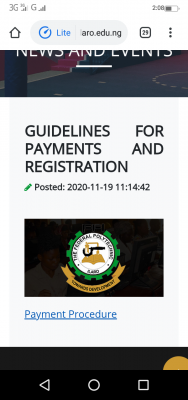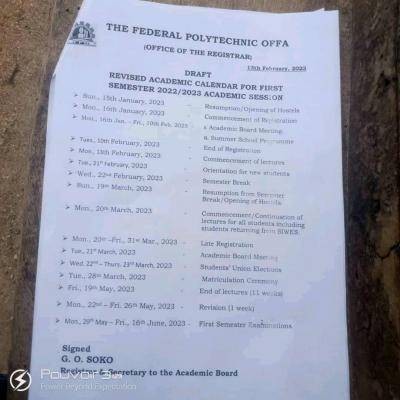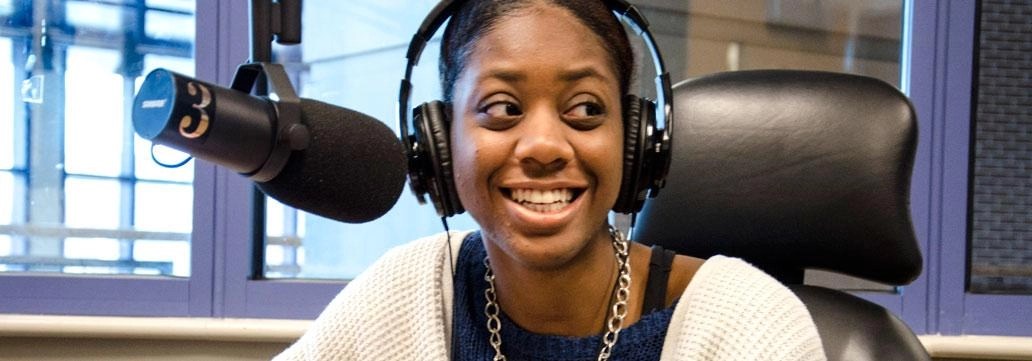
Following the educational reforms in Osun State, which led to the reclassification and mergers of schools, introduction of one school uniform and the alleged introduction of ‘Ifa’ as a school subject, concerned educationist have questioned the workability of such reforms, especially as it has caused an uproar among students, teachers and parents.
Osun State government had claimed that these reforms are the results of an earlier organised education summit, chaired by Professor Wole Soyinka, which recommended that the reclassification of schools and the other components of the reforms were the best ways to reposition the educational sector of the state.
According to the state governor, Rauf Aregbesola, stakeholders at the summit agreed on having three structures of basic education that is elementary, middle and high rather than the existing primary, junior and secondary levels, and a comprehensive overhaul of physical and human component of the education system.
Implementation
Implementation of the O’School initiative commenced with the inauguration of the Salvation Army Middle School in Osogbo, the state capital, by Governor Aregbesola, which is one of the 100 elementary, middle and 20 high school being built under the initiative.
“The Elementary Level, comprising pupils aged 6 to 9 corresponds with primary 1 to 4 in the existing system. The Middle Level is from primary 4 to Junior Secondary School (JSS III) for pupils aged 10 to 14, now classified as Grades 5 to 9. The High School Level covers ages 15 to 17 and corresponds with the Senior Secondary School III (SS III), known as Grades 10-12”, government said.
New uniforms & introduction of Ifa as a subject
The reclassification and merging of schools comes with the burden of parents buying new school uniforms for their wards as the old uniforms have been rendered unwearable. To this end, all categories of schools now have unique school uniforms which differentiates each school. Though government is bearing the cost of the first set of uniforms to all the students, but parents would have to bear any additional cost should their ward(s) uniforms need changing.
Also, the merging of same sex and faith based schools have continued to generate controversies as some students, old boys associations and proprietors of these schools have protested the merging. Notable are the protests by the students of Baptist Girls High School who kicked against being merged with an islamic school, and Fakunle Comprehensive High School, founded in 1965, merged with Osogbo Grammar Schoool, while the junior students were moved to different schools.
Probably considered the biggest controversy is the alleged introduction of Ifa (which is about the Yoruba divination and belief about Olodumare (God))as a new school subject. The controversy is heightened as the Opon Imo (tablet of knowledge) that was recently given to the students came pre-loaded with learning materials, textbooks, the Bible, Quran and Ifa.
Scrapping of pre-school
On September 5, Aregbesola announced the cancellation of ‘pre-school’ education in all public schools in the state because, according to him, it was wrong for mothers to dump their babies in the name of building careers.
What he has failed to realize is that Pre-Schooling such as crèche, kindergarten and nursery education, are so fundamental to Early Educational Development because this is when they learn the art of socializing which is so important to normal development, activate their gross and motor skills, begin to gain numerical recognition and also develop other associated skills.
Educationists react
Describing the reforms as another example of the failure of the policy, the Education Rights Campaign, ECR, has called on the state government to immediately reverse the counter-productive policy.
“We must quickly point out that as a group involved in education campaigns over the last 10 years, the ERC is very much aware that to revamp Nigeria’s collapsed and degenerate public education system, radical, painful and perhaps inconvenient changes and alterations might be necessary. However this has to be done by democratically involving people in the debates leading to such decisions.
“This is missing in the Osun State school reclassification policy which is why the ERC considers the policy as undemocratic. We are also concerned about the untold hardship this merger will mean for parents, students and teachers as there would be increase in drop in school attendance and truancy rate among students due to the placement of the new schools at long distance from the residence of the students and transfer of students schooling at schools close to their neigbourhoods to schools which are very far from their residence.”
The ERC tasked the government to rather, concentrate its efforts into renovating and expanding the existing schools and furnishing them with libraries and laboratories so as not to reverse the little gains made in the sector.
Pointing out that it wasn’t consulted before the policies were made public, the Osun State Chapter of the Christian Association of Nigeria, OSCAN, said it is against any educational programme that will obliterate the mission schools and affect its tenets of faith.
“OSCAN is not against any new educational policy being put in place by either the federal or the state governments but we vehemently kick against any educational programme that will obliterate the mission schools and affect our tenets of faith particularly in the state.
“We have maintained this stand from inception and we will continue to defend lawfully what belong to us as Christians in the state. As a major stakeholder in the state, the leadership of CAN expects the state government to invite us to discuss this issue and other related one without delay.”
Also, retired Directors of Education, Lagos State Ministry of Education, Mrs. Awoyinfa and Mrs. Amosu, both called on the state government to rather renovate the existing schools and get qualified teachers to improve the standard of education in the state.
“For schools to be functional, the classrooms must be well built, have qualified teachers that are well trained and paid, quality materials and conducive environment to boost learning and improve students’ performance”, they said.
Government’s stand
When contacted, the Director of Publicity, Research and Strategy, All Progressive Congress, APC, Barrister Kunle Oyatomi, said the governor has thought it wise to give the students a better future with these reforms.
“When he assumed office, what he met were appalling as the school buildings were collapsed, low students performance and poor teacher orientation. He immediately called for a summit and the outcome is what we are seeing today.
The reclassification is not different from the 6-3-3-4 system of education. What we have done isn’t different from what is obtainable in developed climes. Government has committed a lot of resources in toe sector and we are sure to reap the benefits soon.”
Describing the alleged introduction of Ifa as a subject as the handiwork of mischief makers, Oyatomi said one quarter of Osun indigenes ore traditionalists, thus the Opon Imo came pre-loaded with the Bible, Quran and Ifa,
“Instead of carrying book about, the tablets come loaded with reading and learning materials and also has the holy books of the various religions in it. The Ifa on the tablet is just for information purpose and doesn’t mean those that are not traditionalists must read or meditate on it.
Despite the believed advantages of the educational reforms, many questions, such as: when would primary school pupils write the common entrance examinations? At what stage would students write their junior WAEC? What happens to NECO, UTME and WAEC exams for the senior secondary students? These questions, among others, are still begging to be answered.



